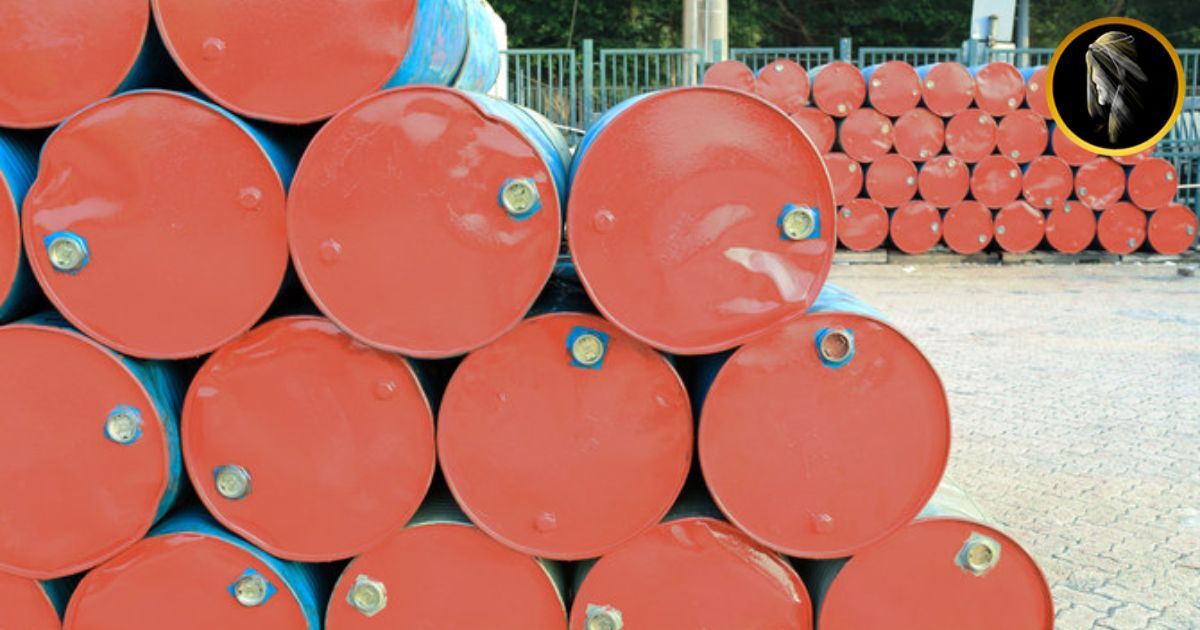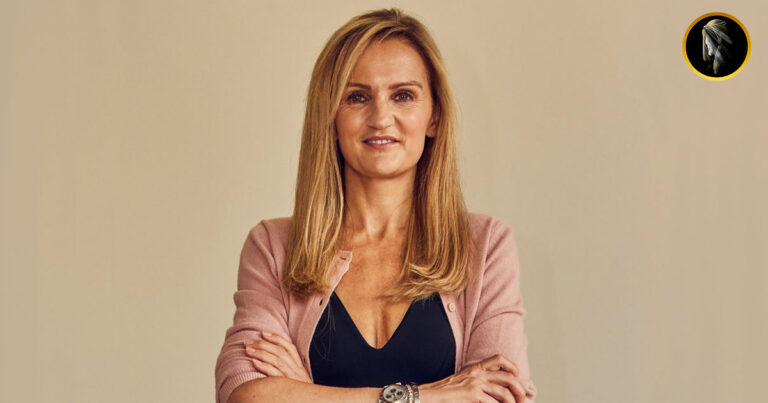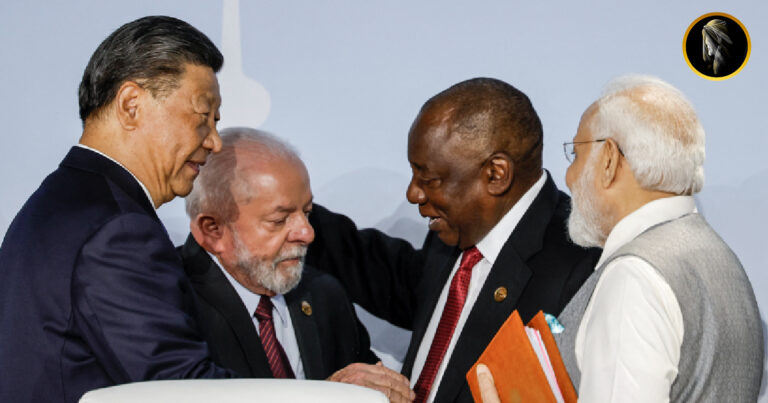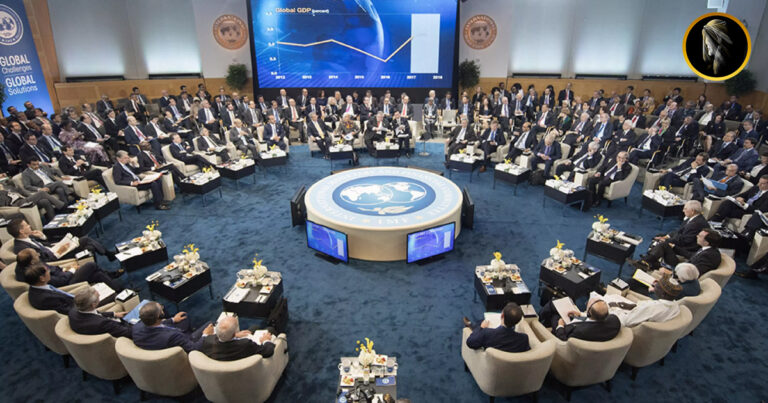In Riyadh, Saudi Arabia, it has been announced that the country will continue to voluntarily reduce its daily oil production by 1 million barrels in November and December. This decision was shared by a source from the Ministry of Energy through the official news agency of the Kingdom.
As a result of this decision, Saudi Arabia’s oil production for the last two months of the year will be around 9 million barrels per day. Before the announcement, Brent crude oil futures were down by 58 cents, which is approximately 0.64 percent, at $90.34 a barrel. However, after confirming the production cuts, they decreased by 0.46 percent at 12:21 p.m. Saudi time.
It’s important to note that this reduction is in addition to the voluntary cuts that Saudi Arabia had previously announced in April. At that time, Riyadh had agreed to reduce its output by 500,000 barrels per day until the end of December 2024.
The source mentioned that this additional voluntary reduction will be reviewed next month, and the possibility of increasing or decreasing the reduction will be considered. This move is part of the collective efforts made by the Organization of the Petroleum Exporting Countries and its allies, known as OPEC+, to maintain market stability and balance.
In June, Saudi Arabia’s Energy Minister, Prince Abdulaziz bin Salman, emphasized the importance of trusting OPEC+ and described it as the most effective international organization working to stabilize the market. He explained that taking precautionary measures is part of their strategy to ensure market stability.
Additionally, Russia has announced its intention to continue its current crude oil export cuts of 300,000 barrels per day until the end of 2023. They will also review their voluntary 500,000 barrels per day output cut, which was set back in April, in November.
At the World Petroleum Congress in Calgary in September, Prince Abdulaziz, the Saudi energy minister, mentioned that international energy markets require light-handed regulation to manage volatility. He also expressed the Kingdom’s interest in developing and trading clean hydrogen and electricity but noted that partnerships with other countries, offtake buyers, and investors are necessary for these initiatives.







